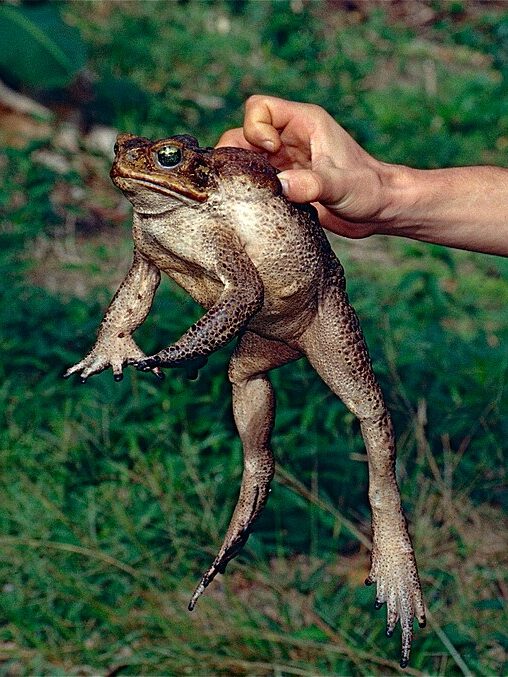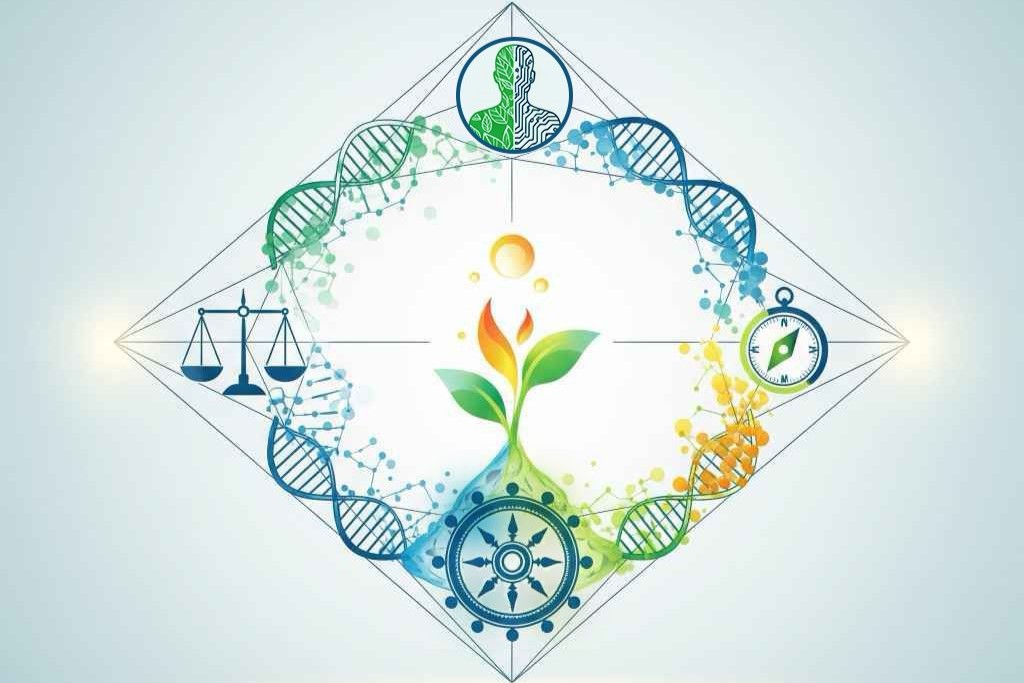What if scientists could re‑engineer life itself to fight disease, protect the planet, and feed the world? That’s the promise and dilemma of synthetic biology. Synthetic biology (SynBio) is a field that designs, modifies or creates new biological systems to address global challenges in health, sustainability and agriculture. While promising, SynBio raises concerns about environmental unpredictability, moral responsibility, and the boundaries between natural and artificial life. In her doctoral research, Varsha Paleri explores these debates with input from SynBio scientists. She also introduces practical tools to embed ethics into SynBio research from the start. Her approach highlights environmental and livelihood justice as central to responsible innovation. (Text: Varsha Paleri)
Potential for good – and disaster

Synthetic biology (SynBio) is considered a transformative technology that can potentially help solve major global problems, such as improving healthcare, creating sustainable materials, and enhancing agriculture. While the technology sounds exciting, which it is, there is a catch: living systems don’t always behave the way we expect. Even if scientists plan carefully, new organisms might evolve or interact with the environment in unexpected ways. We are familiar with cases of invasive species, such as that of cane toads in the American continent, negatively impacting and sometimes almost destroying a native species and ecosystem.
Imagine that a newly developed organism is (un)knowingly released into nature. We can never be entirely sure of how it will behave or what its downstream effects will be years later. This unpredictability is what worries many people. SynBio could lead to helpful solutions, but it could also cause harm to the environment, health, or communities if things don’t go as planned. In addition to this, the creation of new entities using SynBio blurs the lines between natural vs. artificial and living things vs. machines. So what constitutes life? And is it okay for humans to tinker with it?
New view inspired by Hindu philosophy
In her study, Varsha Paleri starts by reviewing current ethical debates around SynBio, such as fears of scientists “playing God,” the moral status of synthetic life forms, and the risks to livelihoods and ecosystems. She then compares these concerns with what SynBio scientists themselves think, based on interviews with researchers from the POSSIBL project.
Varsha also introduces an alternative way to contemplate ethical dilemmas, using the non-dualistic principles from Indian Hindu philosophy. In Western ethical discourse, synthetic life is framed as either natural or mechanical. In Indian Hindu philosophy, however, there is no strict boundary between human life vs. more-than-human life or living vs. non-living. Varsha uses the concepts of Brahman (unity behind all existence), ātman (the true self), Dharma (balance, order, and moral duty), and Karma (the idea that actions have consequences) to provide a more holistic, pluralistic, and relational way to think about responsibility in science and technology.
Ethics toolbox for SynBio research
To move ethics from theory into practice, Varsha proposes an Ethics‑by‑Design Toolbox and a Standard Operating Procedure (SOP). These strategic tools embed ethical reflection into SynBio projects from the very beginning, ensuring it is not treated as an afterthought. They aim to make ethical reflection a regular and meaningful part of scientific work.
The different elements of the thesis are connected by an underlying thread that contains two key ideas: (1) the interconnectedness of all elements in the universe, challenging rigid dualisms that limit current ethical thinking, and (2) the need to prioritise environmental and livelihood justice issues in the ethical analysis of developing technologies.


